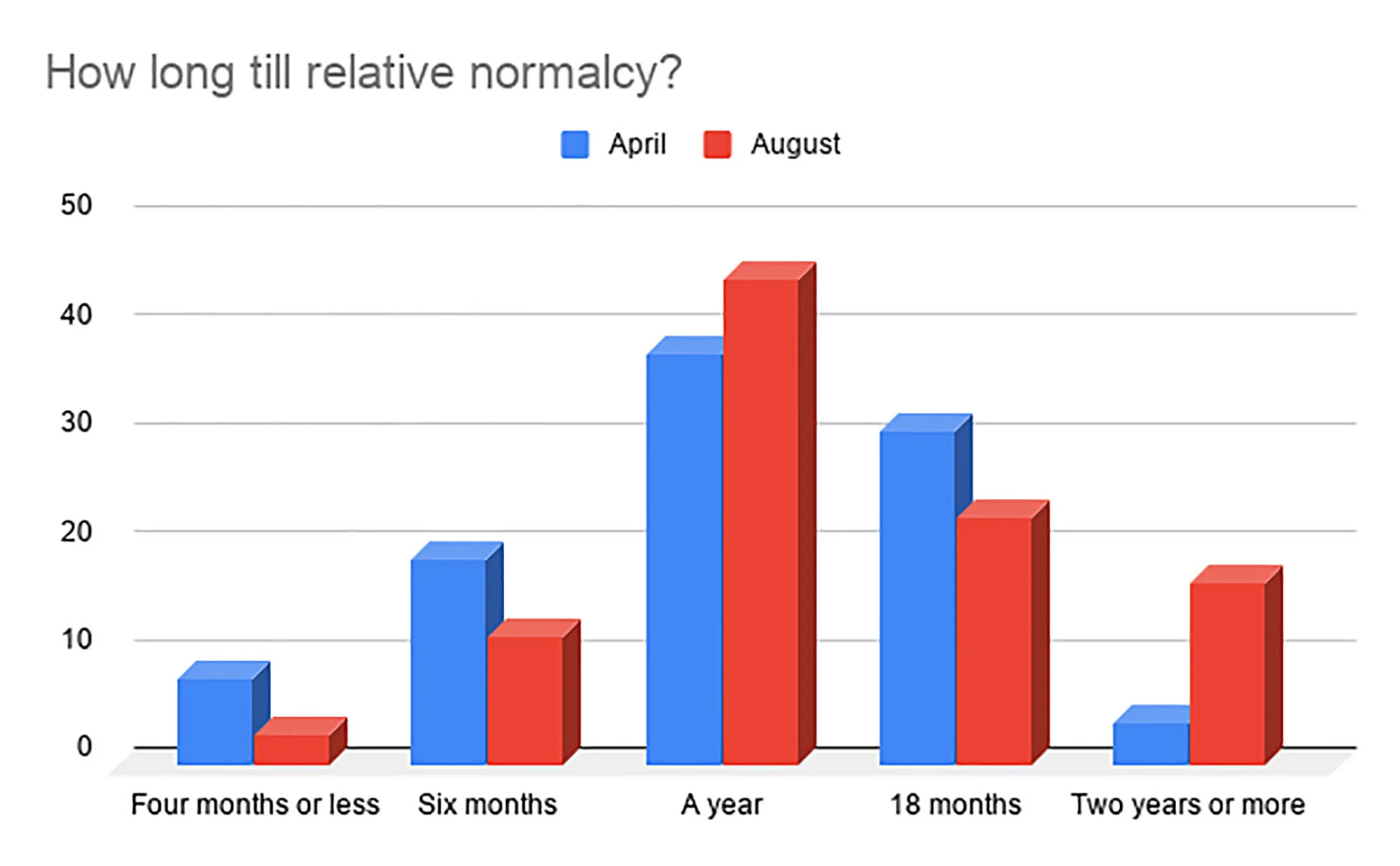Remembering Gus Kaffes (1929-2020) and the Village Restaurant (1962-2007)
Gus Kaffes with sister-in-law Maria (center) and mother Peggy in front of the Village Restaurant in 1992.
Most people of a certain age knew Gus Kaffes of Swarthmore as the gregarious proprietor of the family-owned Village Restaurant, where he was also the cook. The restaurant was located in the space where Aria now stands and the old Co-op building stood.
What they probably didn’t know about Gus, who died August 8 of natural causes at 90: he was voted best dancer by his Eddystone high school class, served as a staff sergeant in the U.S. Air Force (where he earned two medals), and his real first name was Constantine.
The VR, as most everybody called it, opened for lunches and dinners starting 1962. Gus worked with his mother, Peggy (née Hartas), his sister-in-law Maria Kaffes of Swarthmore, and later Maria and George’s two children, Peggy Anne Warren (now of Wallingford) and Andrew, who helped during their high school and college years. The three generations lived together in their Chester Road home.
Although the Kaffes family is Greek, the restaurant rarely served any Greek dishes. However, Maria Kaffes says they occasionally cooked Greek-style chicken. I remember the meals as plain, simple, American, and very inexpensive.
Once a week, I had a standing lunch date at the VR with my friend Alice Brodhead, who, over her usual tomato soup and grilled cheese, gave me some important advice: Always make good friends who are younger than you. Otherwise, she said, as you age, “organ recitals” (stories about health) will become the mainstay of your conversations. Worse, you’ll lose your friends all at the same time. I was decades younger than she, so she was following her own good advice.
In the 1990s, I often went to the VR weekly with the era’s Swarthmorean staff: Kay Rinko, Diane Madison, and Patti Clymer. When the paper’s ancient labeling machine failed, we called in friends like Marcia Baehr, Bobbie Harvey, and Barbara Hickey to help affix the labels by hand. Afterwards, we celebrated at the VR. My favorite meal was veal and spaghetti, rice pudding, and fountain Coke.
Dinners began early, around 4:30, as I recall. As I have aged and my night vision has dimmed, I’ve come to know why.
When we entered the VR, Gus was always there to greet us by name and chat. We were not unique. He had something to say to most longtime patrons. In the early years, Gus’s mother would sit in a chair near the cash counter, smiling when customers came through the door.
The VR was carpeted, and friendly waitresses brought food to your table. When I first went, most of the customers seemed pretty ancient to me. Canes and walkers leaned against the walls. Later, young parents discovered that they could plop their kids in the restaurant’s sturdy wooden high chairs and order hamburgers, fries, and hot chocolate.
Much later, area residents learned they could bring their own bottle of wine to drink from restaurant glasses.
Gus was civic-minded. Before Swarthmore’s Christmas tree lighting each year, he served free hot chocolate and donuts to the public. Because of the personal attention Gus dispensed, widows, widowers, and single people found a home at the VR.
In 1999, Gus sold the restaurant to the much younger Len Carey — whom Gus had originally hired as a dishwasher and taught to cook — and Len’s wife, Diana, who had been a waitress there for many years.
Known for his generosity to staff, Gus recently received this Facebook tribute from Len Carey, who served as his pallbearer. “[H]is entire family was like a second family to me … He stuck with me through my truly troubling times …He taught me … about life, hard, work, and loyalty, and loved me like a son. When he told me he wanted me to take over the restaurant, I asked him if he thought I could handle it. He said, ‘I have no doubts you’ll do great.’’’
Adieu to a lovely guy.
Beth Gross is the former editor of the Swarthmorean.




